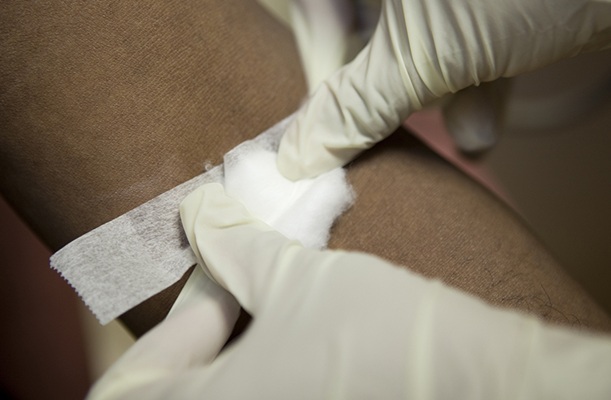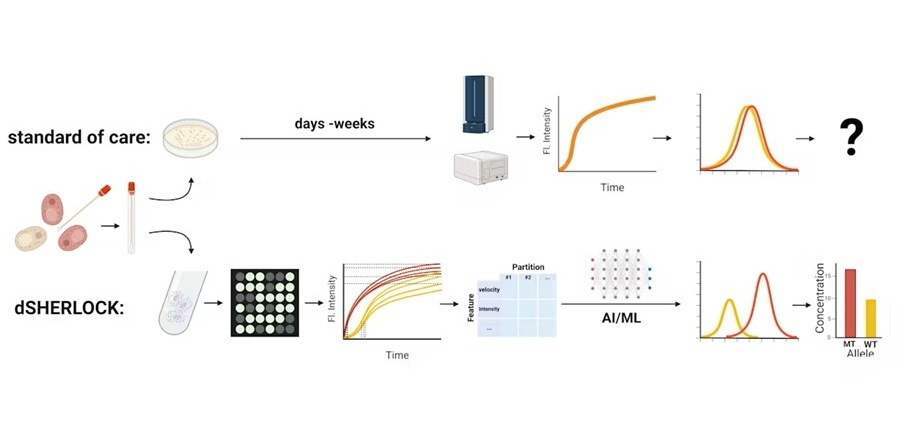15-Minute Blood Test Diagnoses Life-Threatening Infections in Children
Posted on 14 Nov 2025
Distinguishing minor childhood illnesses from potentially life-threatening infections such as sepsis or meningitis remains a major challenge in emergency care. Traditional tests can take hours, leaving clinicians to rely on their judgement or prescribe precautionary antibiotics while awaiting results. Now, a new trial is evaluating a rapid 15-minute blood test designed to identify whether an infection is viral or bacterial, enabling faster and more accurate treatment decisions for children.
The trial, which is underway at three hospitals in the UK, including St Mary’s Hospital, Imperial College Healthcare NHS Trust (London, UK), runs until March 2026 and involves testing children who arrive at emergency departments with fever or suspected infection. The new test provides clinicians with crucial diagnostic clarity in just 15 minutes.

By showing whether an infection is bacterial or viral, it offers an important advantage over conventional laboratory testing, which can take several hours to produce results. Faster diagnosis means patients can be treated sooner and antibiotics can be reserved for cases where they are truly needed, reducing the risk of missed serious infections while also preventing unnecessary prescribing.
The trial aims to understand how real-world emergency teams will use this rapid test and whether it improves safety and decision-making. Current practice often forces clinicians to make assumptions while waiting for lab results, sometimes leading to under- or over-treatment. With a quick point-of-care reading, the new test could help avoid delays in identifying children who require urgent intervention.
The potential impact extends beyond individual diagnoses. Fever is one of the most common reasons children visit emergency departments, and many are prescribed antibiotics unnecessarily. A reliable rapid test could reduce avoidable antibiotic use, improve early detection of serious infections, and support efforts to combat antimicrobial resistance.
“This trial will now tell us whether the test has a role in the NHS and if clinicians will use it to help make faster, more accurate decisions so children receive the right treatment faster,” said Dr Ruud Nijman, pediatric consultant at St Mary’s Hospital and honorary clinical senior lecturer at Imperial College London. “If successful, this test has the potential to completely change the way we treat infections and help us diagnose with more certainty, stopping illnesses escalating to something more serious.
Related Links:
St Mary’s Hospital, Imperial College Healthcare NHS Trust













